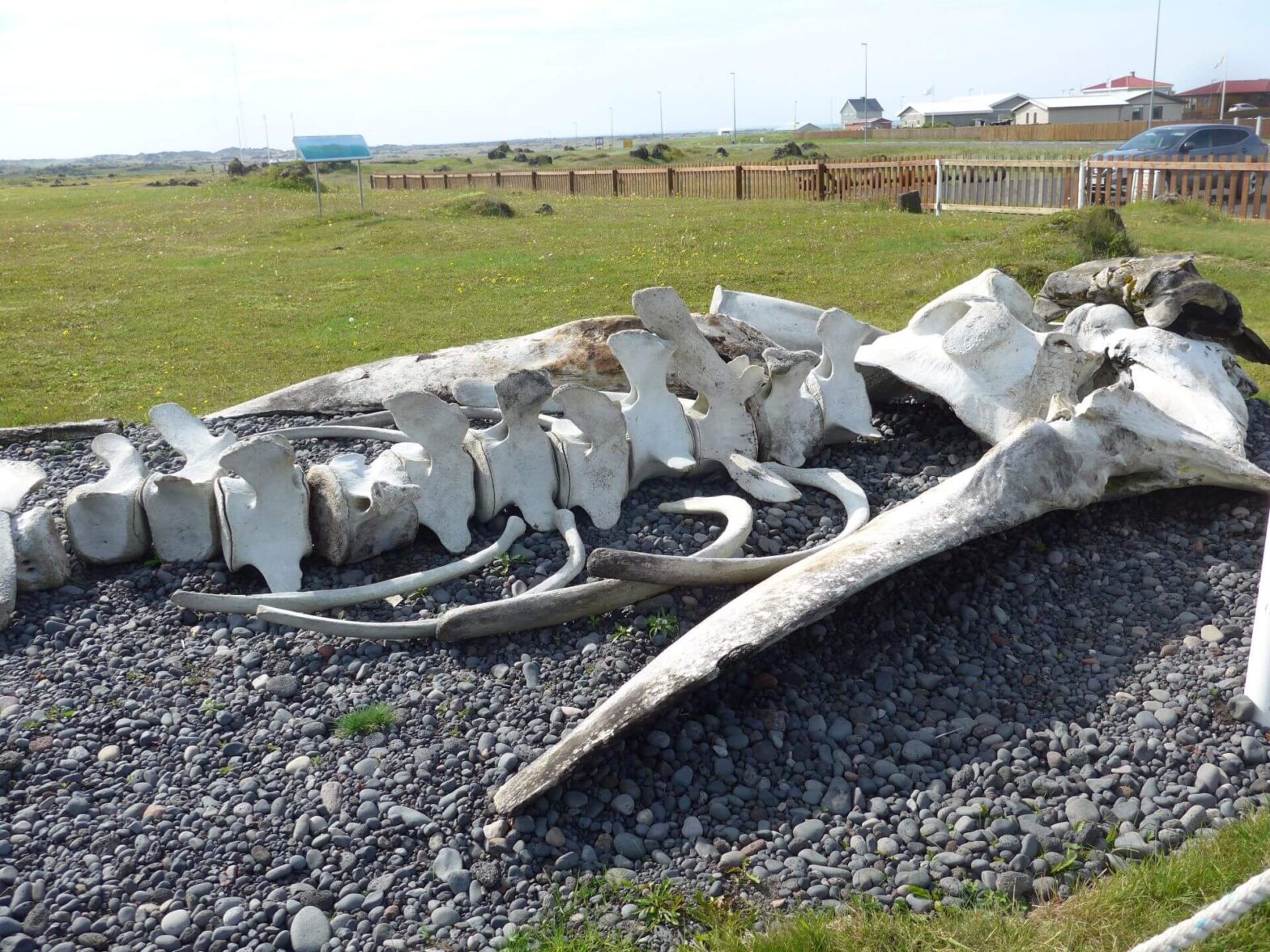Iceland looks set to resume whaling again
While only one month ago, the Icelandic fisheries minister, Svandis Svavarsdottir, announced that the government licences for whaling will likely not be re-issued when the existing quotas expire in 2023, pointing to the lack of any economic justification for the killing to continue, Kristján Loftsson, the CEO of Hvalur hf., has said in a conversation with the Icelandic newspaper Morgunblaðið published today that he intends to resume fin whaling this summer.
According to the newspaper article – and in a blatant contradiction to what was said by the Icelandic minister, Loftsson stated that market prospects for whale products are good.
«It would be deplorable if the killing of fin whales – the second largest animal in the world – resumes. The International Whaling Commission has a moratorium in place on commercial whaling for good reason and Iceland should abide by this and decisions about whaling should be made at appropriate national level. If Iceland proceeds with this resumption, there will be international outrage. It’s time to lock away explosive harpoons and end whaling today and not in 2023. We hope that those voices within the country which call for an end to whaling will be heard», says Fabienne McLellan, co-lead of OceanCare’s campaign to end whaling.
Iceland and Norway are the two last European countries still hunting whales for commercial purposes in defiance of the moratorium. Both have been hunting fin whales and minke whales for many years and allocating quotas to themselves with no international oversight. In 2018, 146 fin whales and 6 minke whales were killed in Icelandic waters after which, the animals had a respite from the harpoons for almost four years. The self-allocated catch quota of 161 fin whales and 217 minke whales per annum runs out at the end of 2023 (2019-2023). While the minke whales are safe from the harpoons, we now must fear for the lives of 322 fin whales in the next two years.
Whaling in Iceland has been largely politically motivated. From an economic perspective, it has been unjustifiable and loss-making for many years. There is little local demand as Icelanders hardly buy or eat whale meat. As export markets, such as Japan also showed decreasing demand for whale meat, new business models such as using whale products in food supplements or whale beer have been tried but with little success.
In 2019, Icelandic Fisheries Minister Júlíusson justified his quota decision by referring to a study by the Institute for Economic Studies at the University of Iceland, which blamed whales for the decline in fish stocks and recommended an intensification of whaling. Since then, this study has been publicly criticised by many experts.
«Together with Norway and Japan, some people in Iceland seems to desperately cling to commercial whaling but this makes no real-world sense, and this cruel activity is highly provoking to the international community. We call on the Icelandic government to prevent this whaling from going ahead and on the other members of the IWC to support the moratorium and speak out against this proposal.», says Nicolas Entrup, Director of International Relations at OceanCare.
Fin whales, the second largest animal on earth are classified as «vulnerable» by the International Union for Conservation of Nature (IUCN) and strictly protected by the Convention on Migratory Species (CMS) which lists the species in Appendix I and II.
More Information
OceanCare Report UNDER PRESSURE: Chapter 5 – Whaling in European Waters
Blog: Background to Iceland’s whaling
Article in Icelandic: www.visir.is/g/20222238773d/hyggja-a-hval-veidar-i-sumar
Article in English: grapevine.is/news/2022/03/23/company-aims-to-hunt-whales-this-summer
